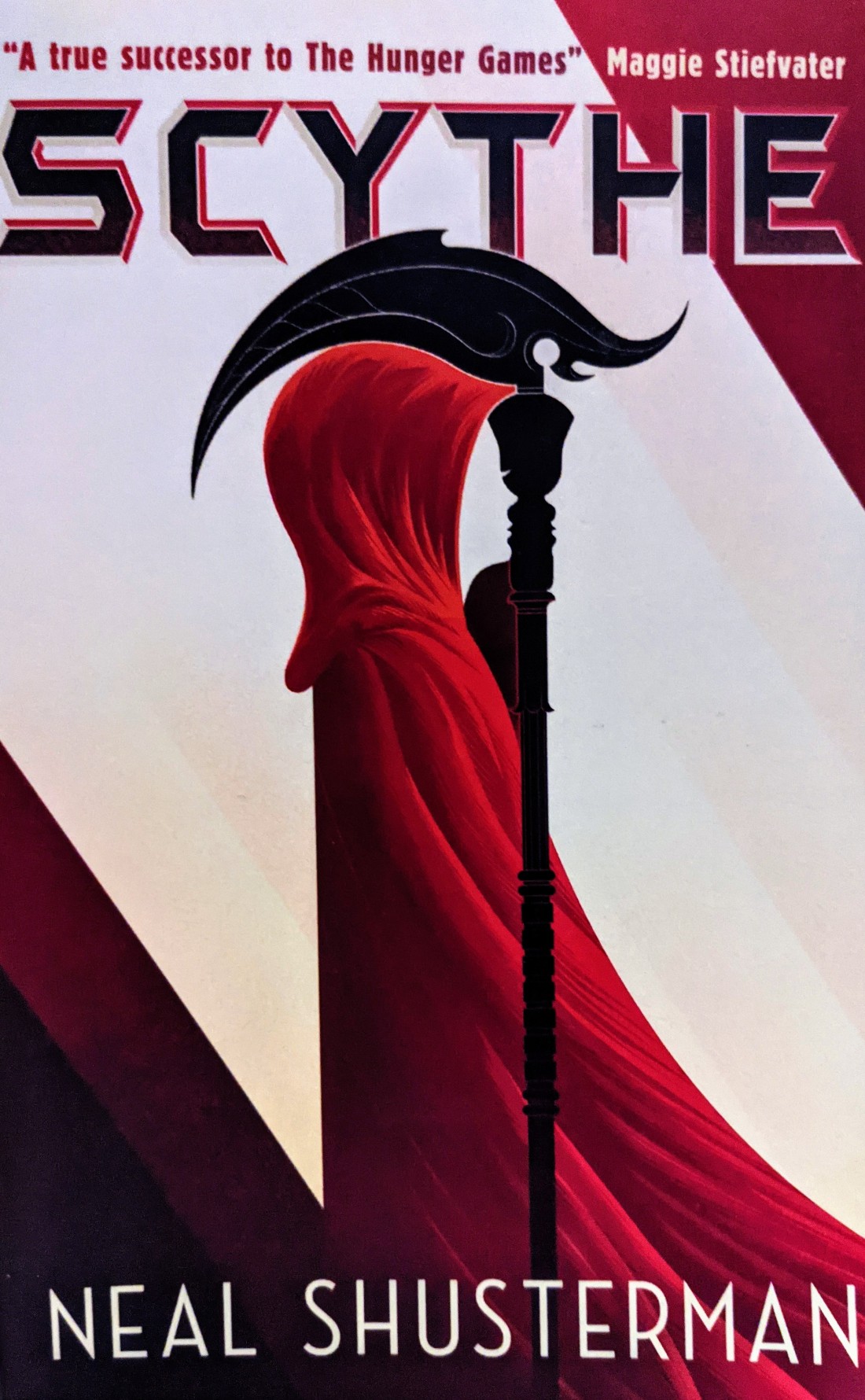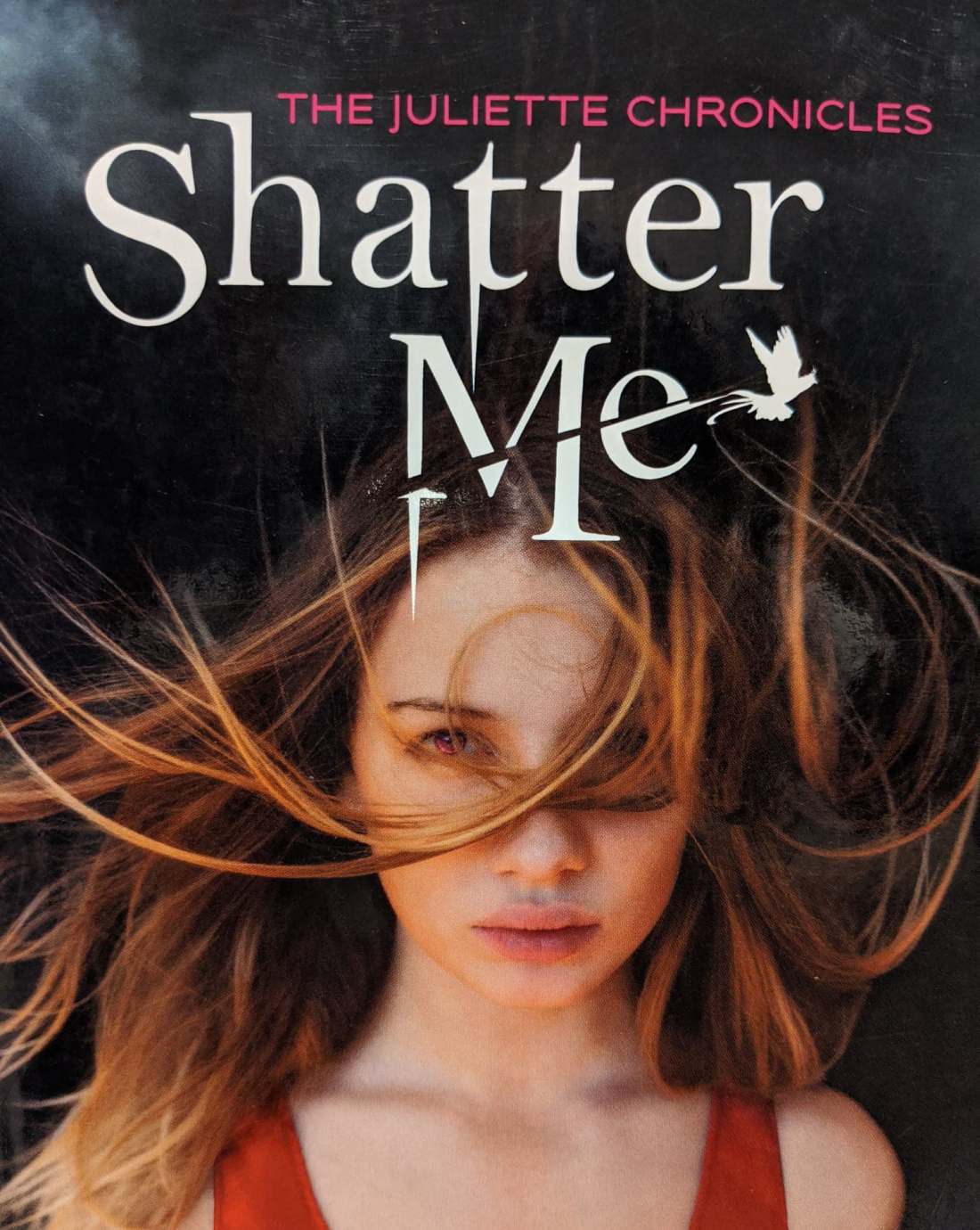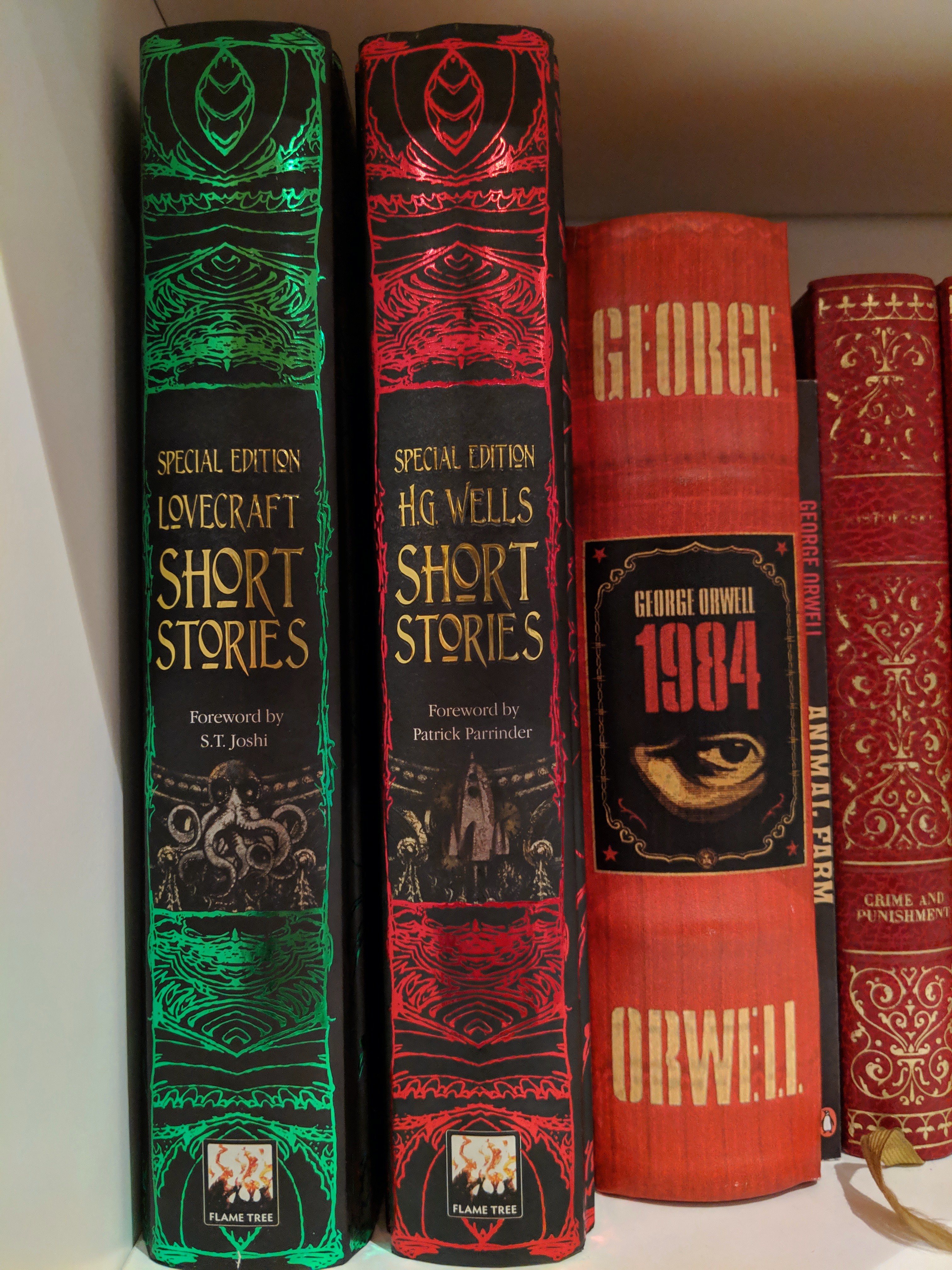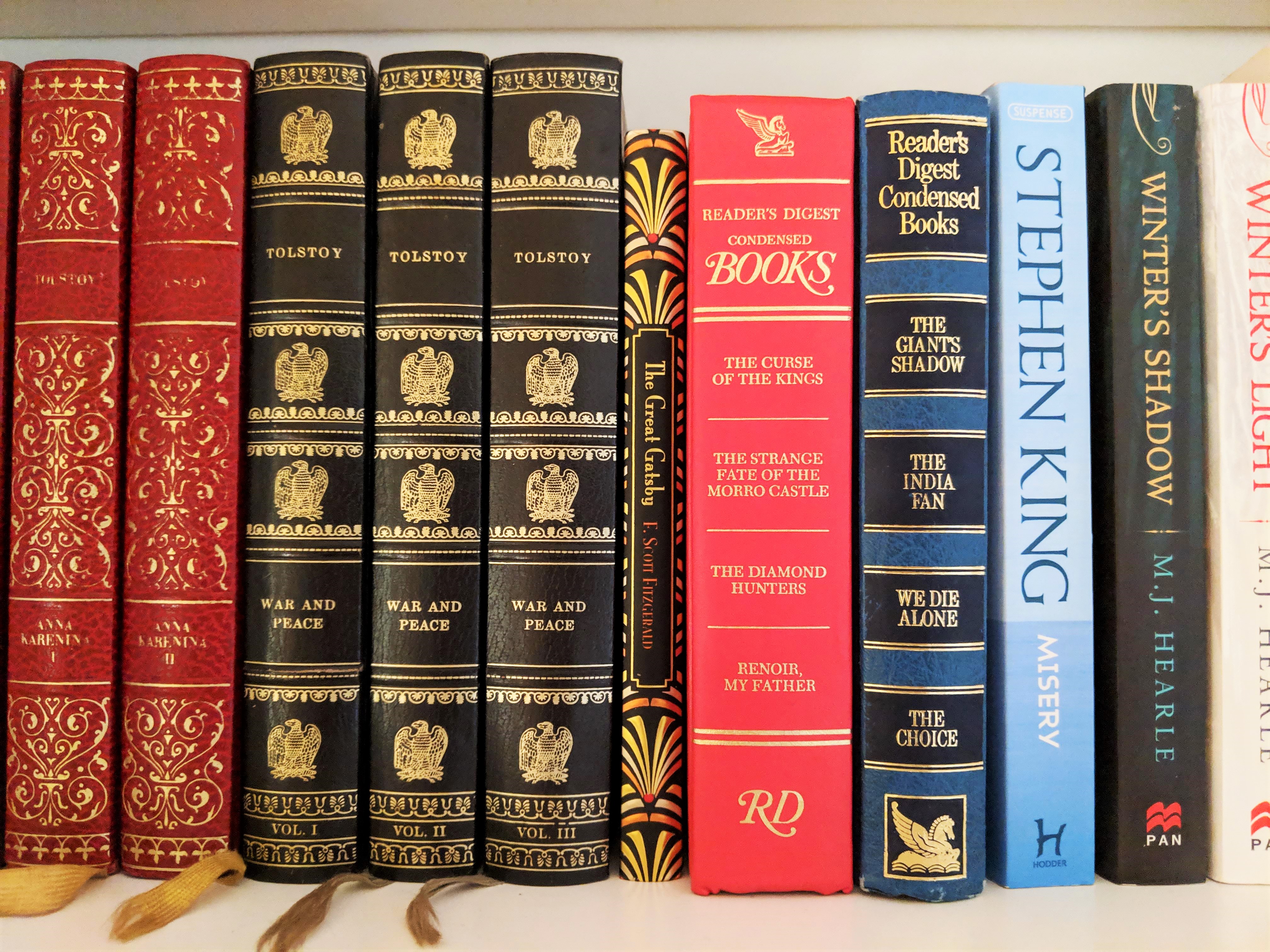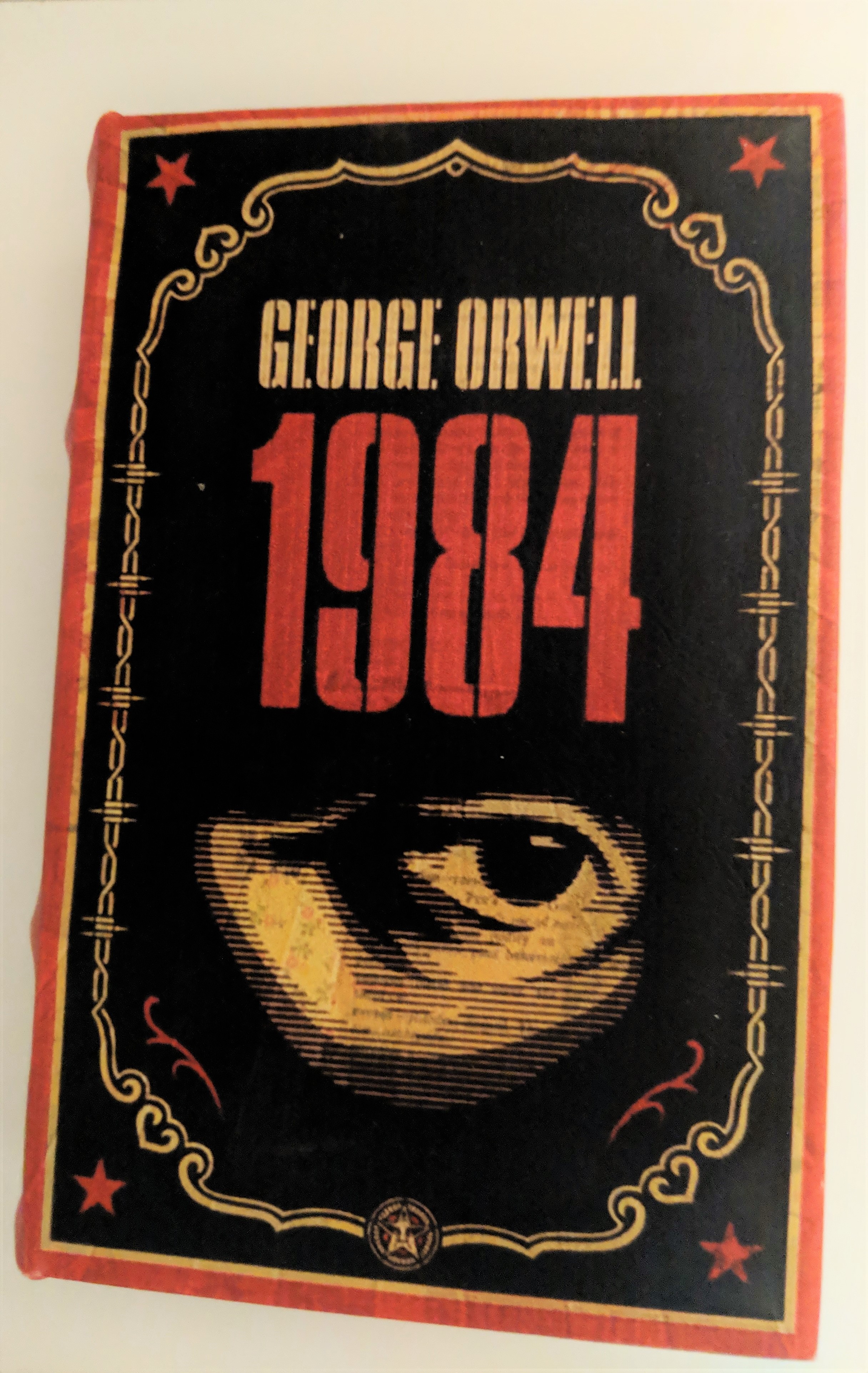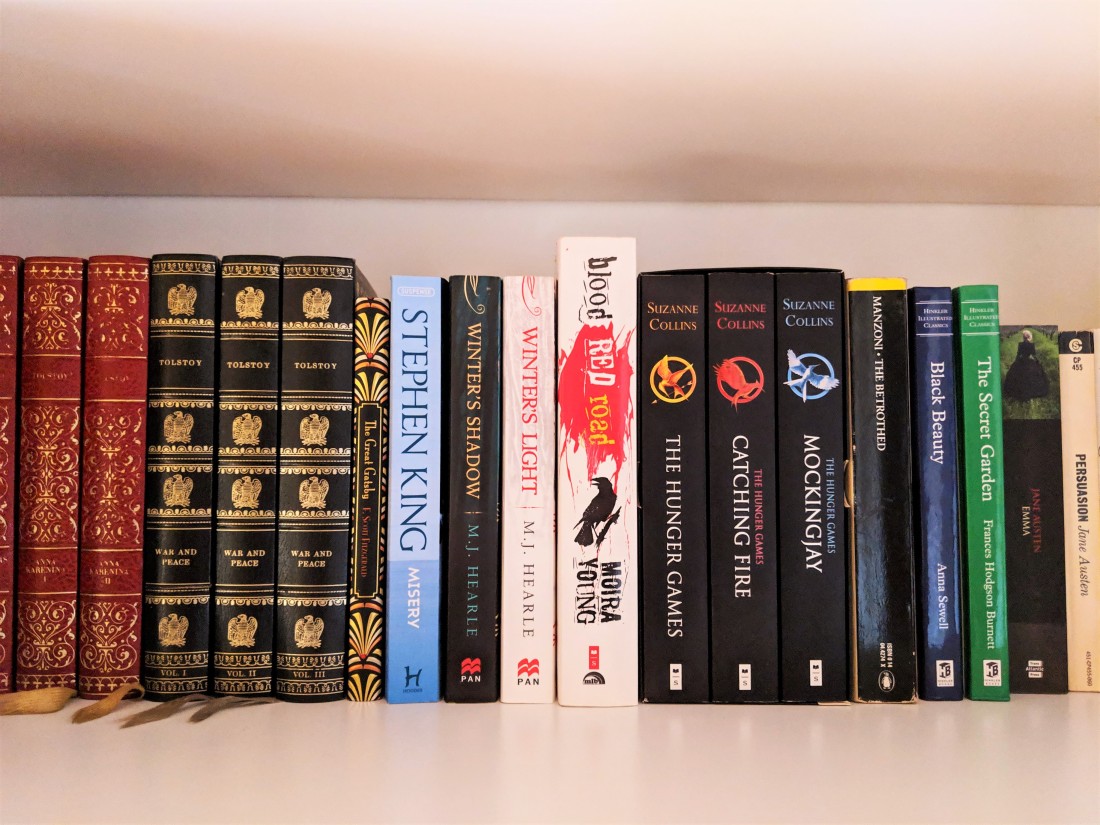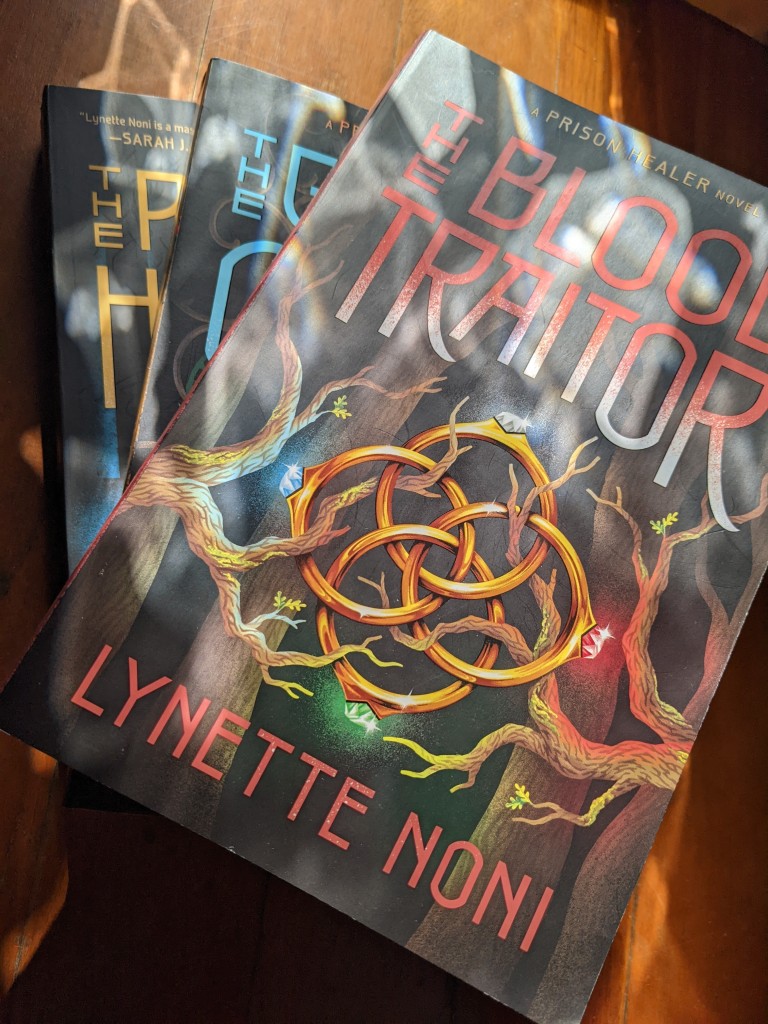
This review will be mostly just commentary rather than a proper review (mild spoilers ahead).
The Blood Traitor is the third instalment of The Prison Healer series.
It’s been a while since I have found a series I genuinely could not put down. I finished the first two books within a week and managed to finish this one within 2 days, whilst loving every minute of it.
“Your Future is as Bright as the Stars.”
The story was simple in structure- they had to find the rings, complete the challenges and move onto the next one. But it wasn’t so much about what they were doing that was the focus, but rather the interactions between all the characters. The events that followed were constructed to push the characters closer together instead of action for the sake of action. However, this helped keep the book fast paced and exciting, with never a dull moment in Kiva’s group of friends.
The characters are what truly makes this story. Each one is as different as the next and are written in such a way that they are brought to life. Kiva said it perfectly ‘it’s impossible not to love them.’ It’s also incredibly obvious throughout the story, just how much the author loves her characters. Which is further confirmed at the end in her acknowledgements.
Caldon was fantastic throughout this entire series and has easily become my favourite character. His loyalty, understanding and his ability to care so deeply are just among some of his traits that made this book so enjoyable. Every time he opened his mouth, just like Kiva, I also wanted to cry. He spent the whole book telling her not to, but honestly how can you not burst into tears when everything he says and does is so thoughtful. He is such an amazing friend to have and I am so glad that Kiva appreciates him as much as she does because he truly deserves it.
“We’re in this together, Sunshine.
You and me.
Got it?”
This book is also realistic in a sense when dealing with difficult situations. When people lie to others, in most stories, they aren’t forgiven because lying is bad. But it’s not always so black and white in reality, and Noni showcases this perfectly. If someone is truly sorry for their actions and is actively trying to fix the situation, within time healing can take place and soon after forgiveness.
I will admit in the second book, The Gilded Cage, I spent the whole time being so angry at Kiva for what she was doing to Jaren, Caldon, Tipp and the rest of the Valentis family. They’re so kind and pure and for them to be treated with such disregard, I was personally offended on their behalf. Going into this book, I felt that Kiva would have to prove a lot to earn my forgiveness, as well as the others. But whether she proved it or not, she was truly haunted by her actions which seemed like punishment enough without all the events that followed.
Jaren’s actions in this situation were hard to swallow. After seeing him so in love with Kiva, it was difficult to see him so hurt and humiliated. It wasn’t the Jaren we were used to, because this Jaren was broken. However, this is also realistic because after going through a situation like this, no one would go back to being themselves straight away. I also appreciated the fact that this took time and there wasn’t a magic fix. Kiva didn’t apologise and suddenly everything was back to the way it was. It took most of the book to fix and even then the readers could tell it would take some time for Jaren to fully trust her again. But by this point, Jaren was mostly back to the character we all know and love.
(Major spoilers ahead)
What bothered me in the book was when Tipp forgave her. Although Kiva was happy he had, all she could think about was how Jaren had been telling him to forgive her. She also didn’t officially apologise to Tipp or even had a real conversation about why she did the things she did to him. He just forgave her and they moved on. A similar result happened with Naari as well, but in that situation, Kiva had saved her life so she forgave her without needing an explanation. With Tipp however, though he was distraught at almost seeing Kiva die, he still deserved more than what she gave him.
There are so many parts of this book that I loved, ranging from Kiva spilling all of her secrets whilst high on angeldust, to every moment involving Caldon, to the mountain scene where Jaren finally forgave her. When Tipp told us Caldon was dead towards the end, I could not contain my grief. Caldon, their most capable warrior was dead? When Kiva awoke in the hospital and saw him alive, our reactions were almost the same. He was alive and once again saying all the thoughtful things that make Caldon who he is. A sincere thank you to Lynette for being one of the only authors to not kill off my favourite character.
I highly recommend this story to anyone who is a fan of the YA genre, specifically when regarding fantasy and romance. As well as for anyone who loves characterisation and world building. Each book also contains a map on the first few pages, illustrating all the areas of Zalindov and the Kingdom. It is also quite fast paced and perfect for anyone who is easily distracted or trying to get back into reading.
